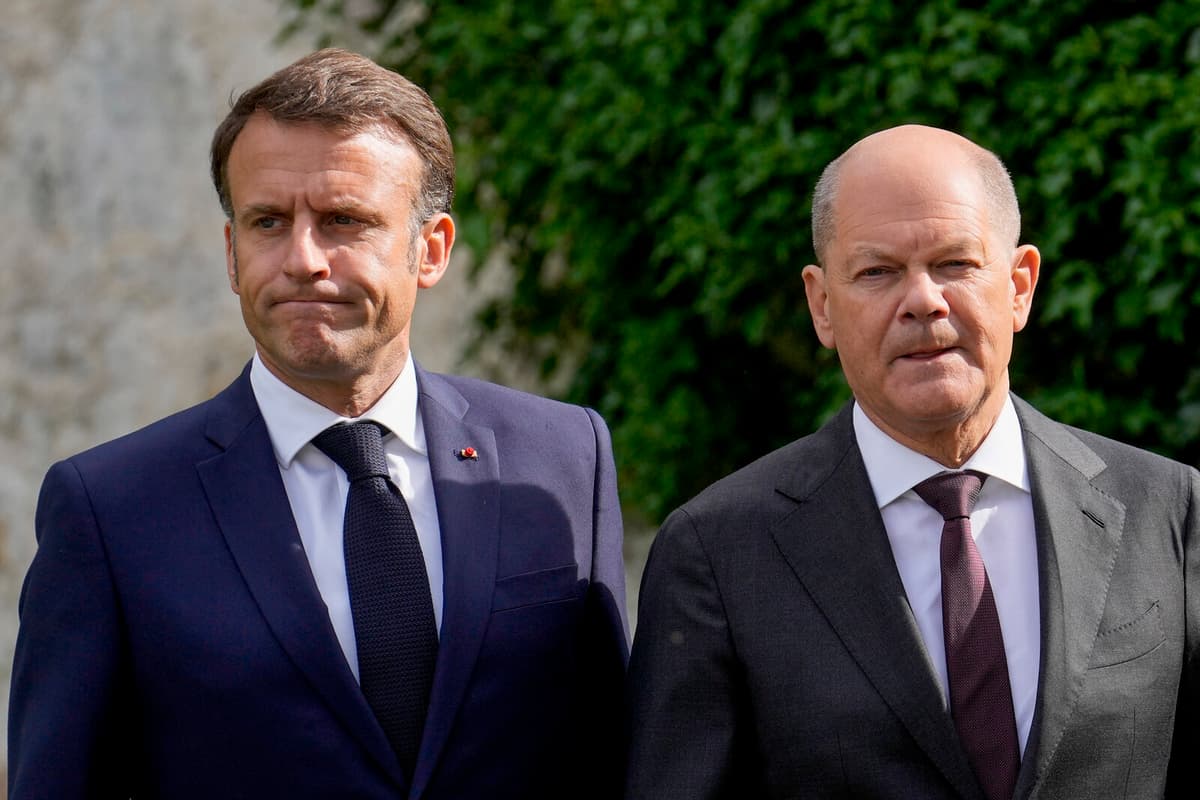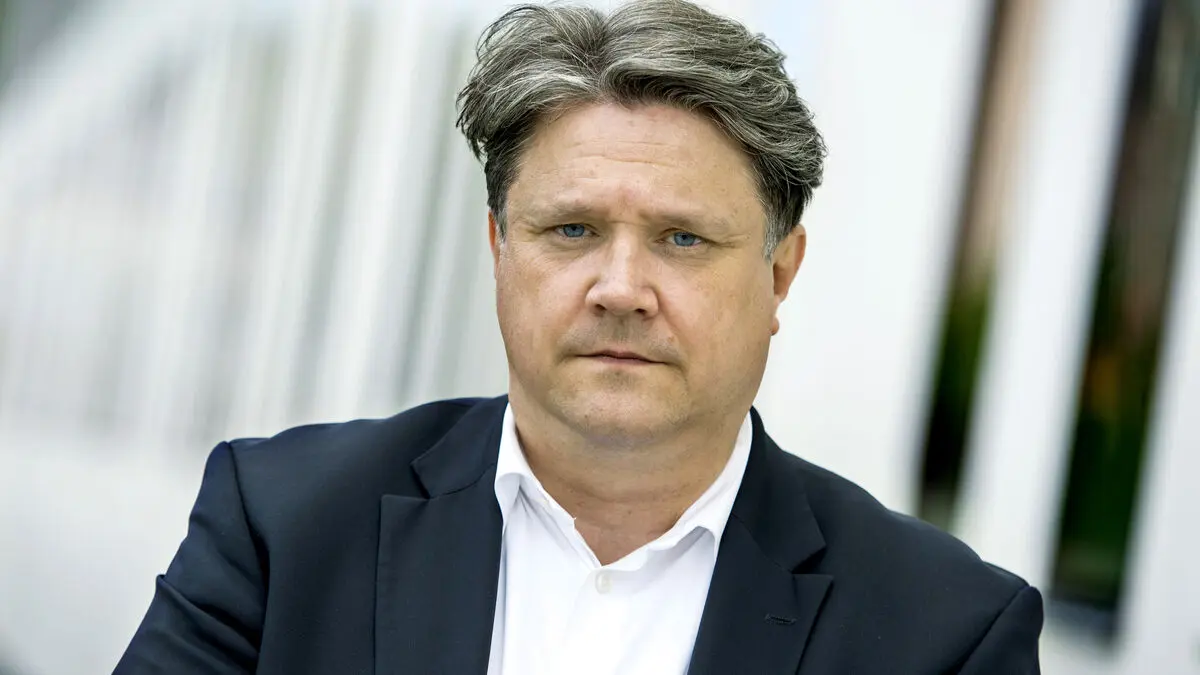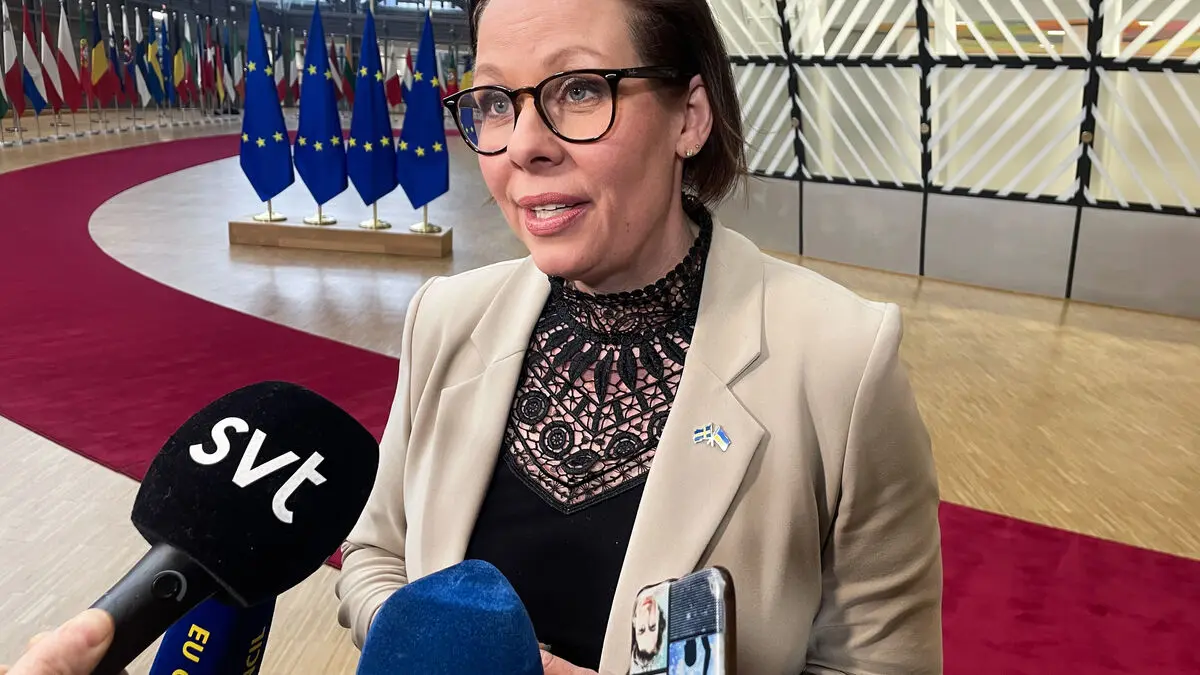In Paris, Prime Minister Michel Barnier lost his vote of confidence on Wednesday. In a week, Federal Chancellor Olaf Scholz is expected to face the same fate in Berlin.
The situation is unique. The EU's two heavyweights have never before been in such deep political crises simultaneously. Now it's happening at a time when Europe is being shaken by Russia's war in Ukraine and the US is preparing for Donald Trump's return as president.
The fact that both Germany and France are going through internal power struggles risks making the EU paralyzed. Often, it requires one or both of the two major powers to be driving forces for important decisions and policy choices to be made.
Tough for Ukraine
The crises could hit non-EU country Ukraine the hardest. In both Germany and France, there is strong opposition within the far-right and left who want to see negotiations with Russia and budget and EU funds being allocated to other things than supporting the ruling government in Kyiv.
In Hungary and Slovakia, this is already what the governments want. Even the Czech Republic could go in the same direction in 2025, when former Prime Minister Andrej Babis has long dominated the opinion polls.
For Ukraine, this could mean that the country is forced to relinquish the areas occupied by Russia and that NATO membership is pushed into the distant future. If there are no strong leaderships in Germany and France pushing for it, the path to EU membership could suddenly become much more uncertain.
Tusk takes over
The crises in Paris and Berlin also provide an opportunity for other heads of state and government to step forward. So far, the most eager has been Prime Minister Donald Tusk in Poland, who is also the chair of the EU Council of Ministers during the spring.
He now has a heavy responsibility to work together with EU Commission President Ursula von der Leyen and new Council President António Costa to get the EU countries to pull in the same direction.
The question is whether Germany's upcoming election on February 23 can break the deadlock and once again make the Federal Chancellor in Berlin a natural leader in the EU.
If there is a clear victory for the conservative CDU's Friedrich Merz, he will physically stand out from the crowd – 198 cm tall.
Germany and France have dominated the EU since its inception in the 1950s.
* Population: first and second in the EU (84 million in Germany, 68 million in France)
* Economy: first and second in the EU (German total GDP of 4,185 billion euros, French of 2,822 billion)
* Geography: first and fourth in the EU (France 544,000 square kilometers, Germany 357,000)
* Military: first and third in the EU (207,300 in the French defense, 181,700 in the German).
Sources: Foreign Policy Institute, EU Commission, NATO.






